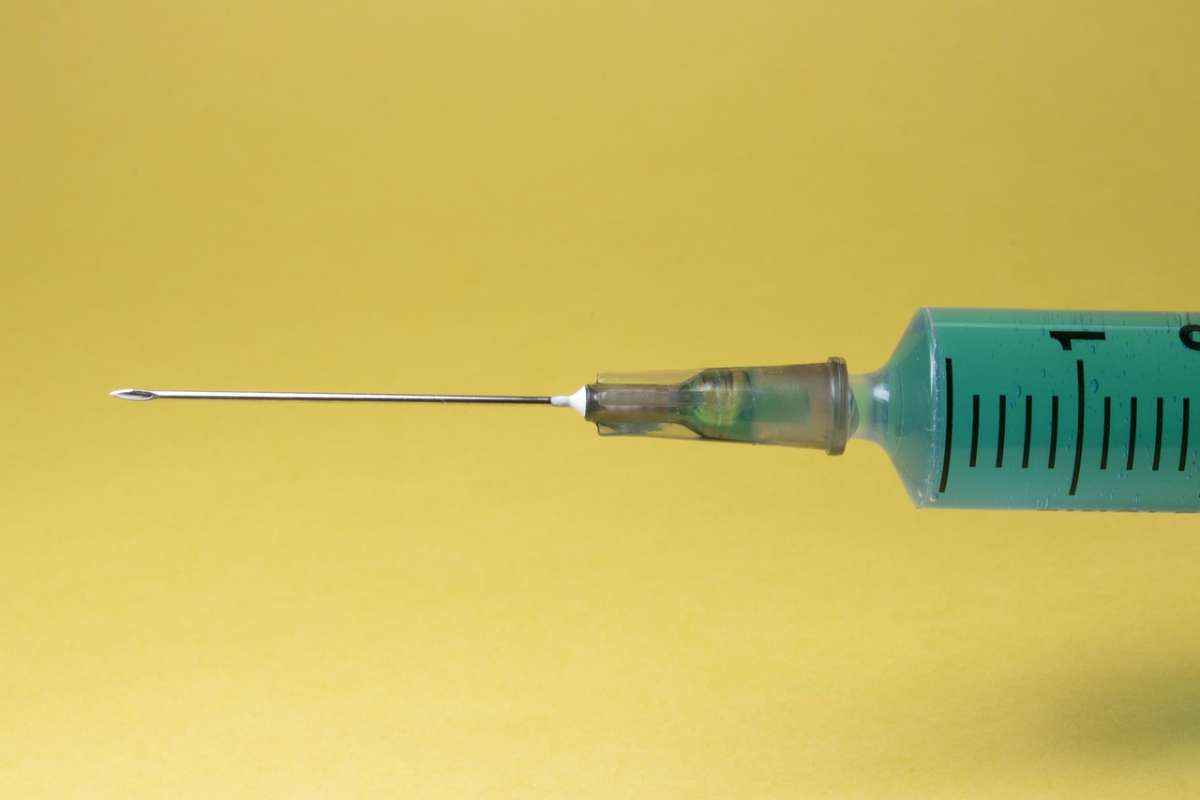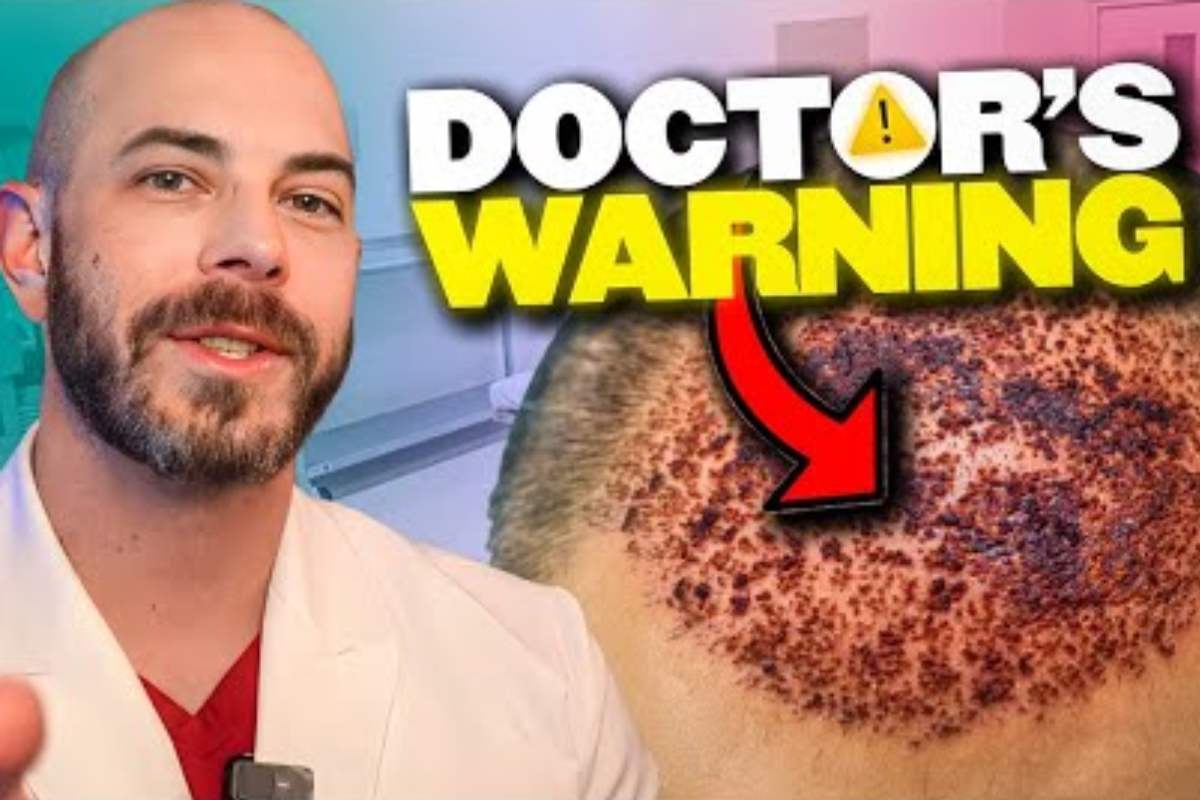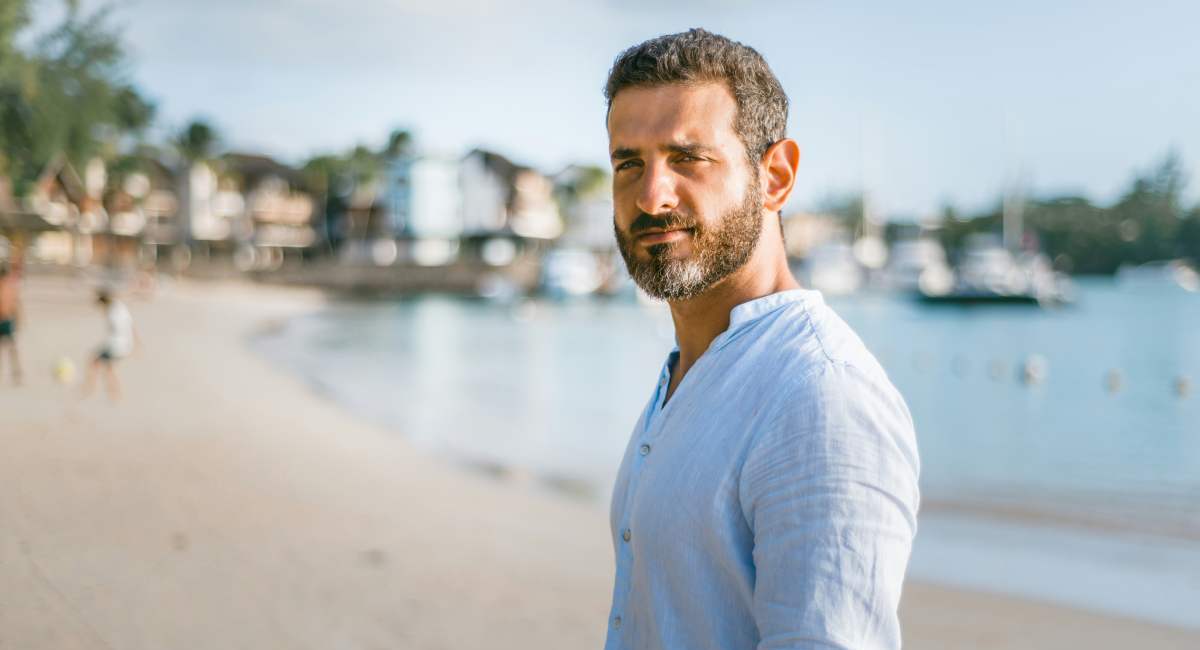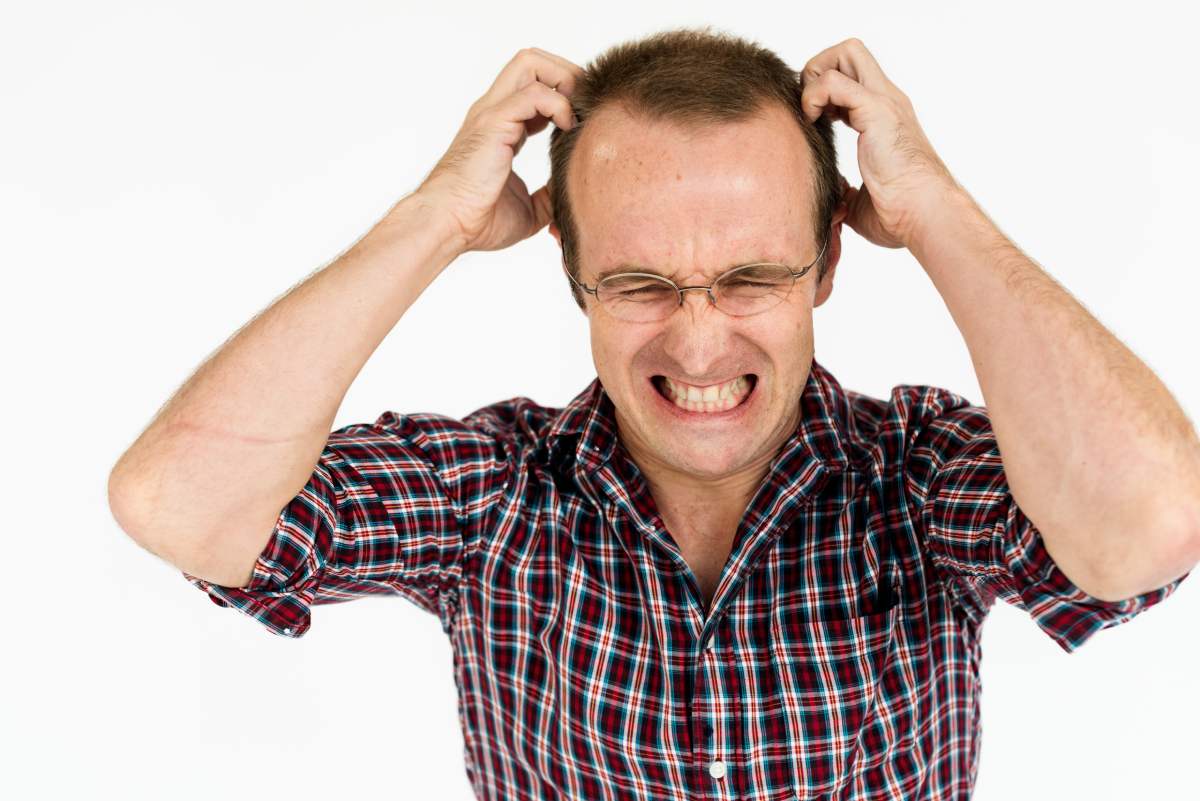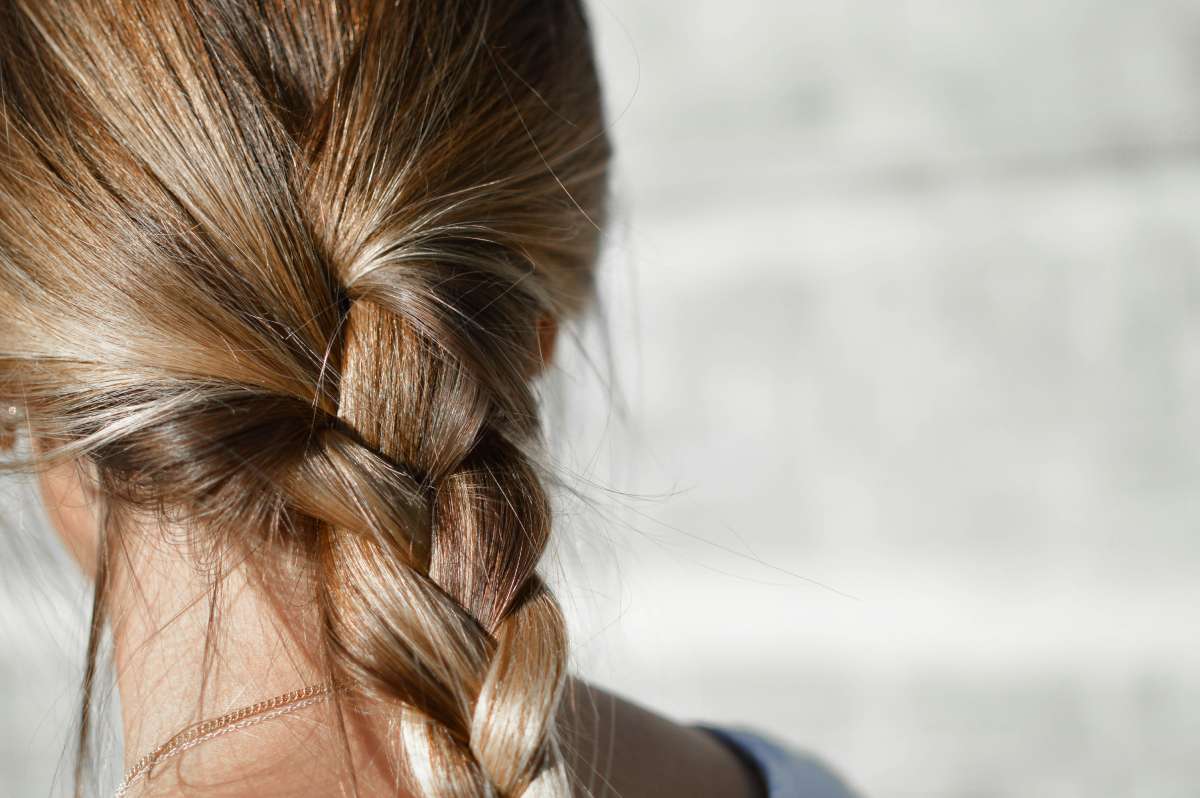Postpartum hair loss is actually a very common experience for many new mothers, so if you’re experiencing this after having your baby, don’t worry.
After the joys and challenges of pregnancy and childbirth, noticing excessive hair shedding can be quite alarming. However, understanding why this happens and what you can do about it can help you navigate this temporary phase with confidence and ease.
What is Postpartum Hair Loss?
Postpartum hair loss falls under a common cause of nonscarring alopecia known as telogen effluvium. Telogen effluvium is the excessive shedding of hair that occurs after stress, systemic illness, or, in this case, childbirth. Telogen effluvium in the postpartum period is primarily caused by hormonal changes that your body undergoes during and after pregnancy.
Normally, about 90% of your hair is in the growth (anagen) phase, while the remaining 10% is in a resting (telogen) phase. During pregnancy, high levels of hormones like estrogen prolong the growth phase, resulting in lush, thick hair. However, after childbirth, estrogen levels drop sharply, causing these retained hairs to enter the resting phase and eventually fall out.
This may seem concerning, but rest assured that it is typically a temporary process and once your body’s hormone levels begin to return to normal, so should your hair.
Causes of Postpartum Hair Loss
As we said, the main cause of postpartum hair loss is the sudden change in hormone levels after childbirth. During pregnancy, elevated estrogen levels cause the hair to spend more time growing (and, therefore, less time shedding) than usual. This means you lose fewer hairs, making your hair appear fuller and thicker. However, after giving birth, estrogen levels drop, and the hair that was in the prolonged growth phase now enters the resting phase all at once. This results in a noticeable increase in hair shedding a few months after delivery.
While this is the most common cause of postpartum hair loss, things like stress and nutritional deficiencies can also contribute.
The physical and emotional stress of childbirth, along with the demands of caring for a newborn, can cause an increase in hair shedding. Additionally, new mothers may experience deficiencies in essential vitamins and minerals, such as iron and zinc, which are crucial for healthy hair growth.
Symptoms of Postpartum Hair Loss
The primary symptom of postpartum hair loss is increased hair shedding. You may notice larger clumps of hair falling out when you brush your hair, wash it, or find it on your pillow. Some women experience a thinning of their hair overall, making it look less full than it did during pregnancy.
How Long Does Postpartum Hair Loss Last?
Postpartum hair loss typically begins around three months after childbirth and can last up to one year. In most cases, your hair will start to return to its pre-pregnancy fullness by your baby’s first birthday.
It’s important to remember that this shedding phase is temporary and a normal part of the postpartum process. Your hair growth cycle will gradually return to its usual pattern. And while you may not notice your hair being as thick and luscious as it was during your pregnancy, it should return to how it was pre-pregnancy.
How to Manage Postpartum Hair Loss
While postpartum hair loss cannot be entirely prevented, there are several ways to manage it and support healthy hair regrowth.
First, switching to gentle hair care practices can make a significant difference. Use a mild shampoo and conditioner that add volume without weighing your hair down. Avoid excessive brushing and harsh treatments like chemical straightening or tight hairstyles that pull on your hair.
Maintaining a healthy diet is also crucial for hair health. Ensure you are consuming enough vitamins and minerals, especially iron and protein, which support hair growth. Incorporate a variety of fruits, vegetables, lean proteins, and whole grains into your meals.
You might also consider taking a multivitamin or specific supplements recommended by your healthcare provider to address any nutritional gaps.
Managing stress is another important factor. The postpartum period can be stressful, and finding ways to relax and reduce stress can benefit both your overall health and your hair. Practices like yoga, meditation, and gentle exercise can help alleviate stress.
If you’re concerned about the appearance of your thinning hair, experimenting with new hairstyles can help. A shorter haircut that adds volume and makes your hair look fuller can work wonders. Volumizing products can also enhance the appearance of your hair by adding body and lift.
When Should You See a Doctor?
While postpartum hair loss is typically temporary and resolves on its own, it’s important to consult your doctor if you continue to experience significant hair loss beyond six months to a year. Persistent hair shedding could indicate other underlying issues such as thyroid problems or iron deficiency. Your doctor will be able to help diagnose any additional conditions and recommend appropriate treatments.
Hair loss and thinning can be quite distressing. You may also seek advice from your doctor if you would like to maximize the quality of your existing hairs with medical therapies through this period of telogen effluvium.
Postpartum Hair Loss Is Usually Temporary
Postpartum hair loss is a natural and temporary phase that many new mothers experience. By understanding the causes and utilizing management strategies, you can navigate this period with confidence.
Remember to be gentle with your hair, maintain a healthy diet, manage stress, and seek professional advice if necessary. Over time, your hair will return to its normal growth cycle, allowing you to enjoy the fullness and health of your hair once again.
It’s tough being a new mother, and noticing your hair falling out is just one more thing that new mothers must deal with on top of everything else. Knowing that you’re not alone in this and that it is a common occurrence after pregnancy should put you at ease and help reduce your stress level.
Enjoy this new time in your life as much as possible. Before you know it, your hair will be back to normal, and your baby will be running around the house causing all sorts of chaos.

